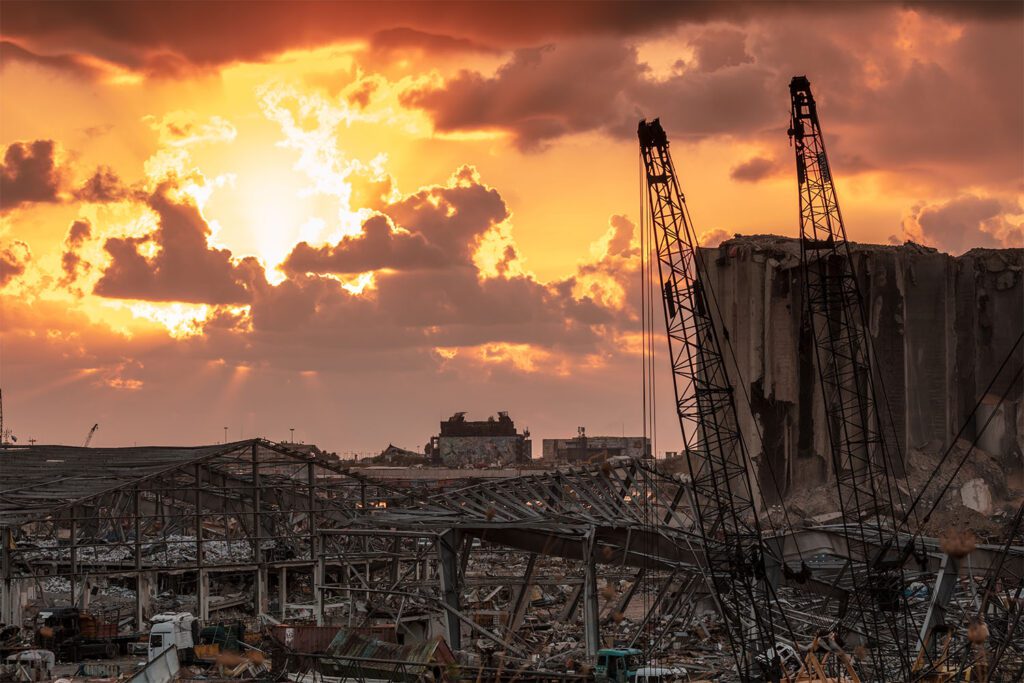Event Recap: Tackling complexity in modern urban planning
How do we reconcile increasingly complex requirements for urban development with quality and feasibility? We discussed this question with Anna Bernegg (Forward), Prof. Christa Reicher (RWTH Aachen), Dietmar Leyk (spacecouncil), and Tina Unruh (HSBK) at the start of our talk series “Klartext” in Hamburg.
The challenges of urban development are becoming increasingly complex. Multiple crises exacerbate the situation regarding mobility, energy or housing supply. The complexity of each area continues to grow, resulting in ever-increasing regulations and requirements. There is a demand for transition almost everywhere: a construction transition, a mobility transition, an energy transition. The call for fundamental change is undeniable. The demand for solutions is accompanied by a desire for a fundamental simplification (building type E, experimental clauses, real-world laboratories, etc.). However, the wider impact is still outstanding. Many new residential areas fall short of their original ambitions. Conflicts of interest between the mentioned topics become tangible in urban space.

So we asked:
- How can the complex requirements be effectively integrated into urban development?
- How can agility in planning be ensured to respond to unforeseen processes?
- How can urban development and planning be given more leeway again?
From the keynote speeches and the subsequent discussion, we can take away these central points:
Expecting the impossible
In a time of crisis and upheaval, we need to act differently and more quickly than usual. The pressure to take action is high and at the same time, we know that conditions can change abruptly. Adaptability for us as individuals and for the urban systems surrounding us is becoming increasingly crucial. But how can we realise this adaptability in urban planning? Christa Reicher advocates for working with the temporary end state: Instead of predefining everything in urban development, a solution could be to plan with a minimum level of uses. This allows for areas with the flexibility to change for uses that are not yet foreseeable. Dietmar Leyk refers to this as the need for open briefings.

Implementing participation and iterative processes
Given the urgency to act, Anna Bernegg emphasises the importance of having clear, measurable goals, while maintaining a flexible process. A process design that is guided by political steering, with a high level of communication and participation that allows for iterative feedback can make the difference between transformation and stagnation. Christa Reicher calls for strong “participatory leadership” from local government in this regard.
Appreciating complexity and finding common channel
A key element on this path is transparent, appreciative and continuous communication. For Tina Unruh communication is the way to open up and discuss the design spaces for the people who will use them. She argues that in dealing with increased complexity, it is important not to reduce it but to differentiate and portion it out on different levels.

Becoming more courageous and radical
In the face of complexity, unpredictability and urgency, experimentation is a valid means to test models and, if successful, incorporate them into regular practice. It also offers the opportunity to think much more radically, which is necessary given the divergence between current new construction projects and the needs of future generations.


